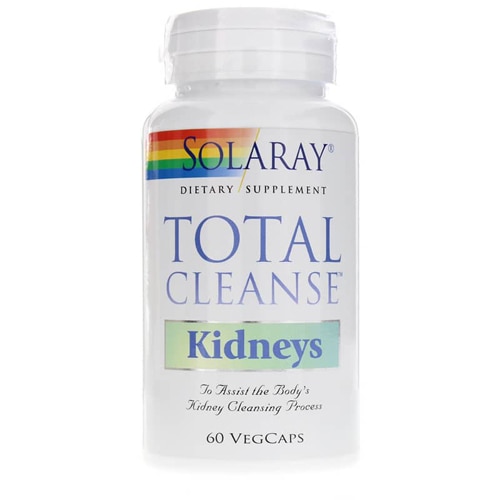Kidneys are the great unsung heroes of your body. Just a few inches long – about the size of a fist – and sitting along either side of your spine, these overachievers help keep you alive and functioning at a high level.
Many people know that the kidneys filter extra water and wastes out of the blood and make urine. But they also:
- Control blood pressure
- Keep bones strong
- Prevent anemia
- Regulate hormones, including vitamin D (which keeps your bones strong) and erythropoietin (which helps create red blood cells)
- Regulate several nutrients, such as sodium, phosphorus, calcium and potassium
Most people are unaware their kidneys are working overtime to keep the body healthy and strong.
"For many people, kidneys are overlooked in general," says Kelli Collins, director of patient services at the National Kidney Foundation.
And that's a mistake. Kidney disease can have devastating effects on your health. It prevents the kidneys from properly filtering the blood, causing wastes to build up in the body.
If you develop kidney disease, you are at higher risk for many health conditions, including high blood pressure, cardiovascular disease, heart attack and stroke.
Kidney disease can also weaken your bones, trigger anemia and lead to nerve damage.
Discovering kidney disease in its early stages allows you to slow – and possibly even stop – its progress. Unfortunately, kidney disease often goes undetected until it is advanced.
Who is at risk for kidney disease?
The risk of kidney disease is higher for certain groups of people, Collins says. They include people who have diabetes, high blood pressure or a family history of kidney disease.
People over the age of 60 and people of color also are at higher risk. Other factors that boost your risk of kidney disease include having lupus, a history of frequent urinary tract infections or kidney stones.
Being overweight and taking too many over-the-counter pain killers known as NSAIDs – such as ibuprofen and naproxen – also make you more vulnerable to kidney disease.
How the right diet protects your kidneys
March is National Kidney Month, making it a great time to focus on kidney health. Fortunately, there are some things you can do to keep your kidneys healthy over a lifetime. Eating a well-balanced diet is one key.
"It is important to maintain a healthy diet and weight," Collins says. "Diabetes and high blood pressure are the two most common causes of kidney disease."
Following the DASH diet can help keep your kidneys healthy. This type of diet encourages you to lower sodium intake and to eat foods that contain potassium, calcium and magnesium, which lower blood pressure.
Controlling your blood sugar and keeping an eye on portion sizes also is important, Collins says. "Choose fresh fruits and vegetables, low-fat dairy products, and lean sources of protein over processed foods," she says.
If you have kidney disease, you will need to change your diet in various ways depending on what stage of kidney disease you have, she says.
Other ways to protect your kidneys
Exercise also plays a key role in helping you protect kidney health.
"Exercising regularly can help fight kidney disease by helping you maintain a healthy weight, and by controlling blood pressure and cholesterol," Collins says.
Other important ways to keep kidney disease at bay include:
- Staying hydrated by drinking enough water
- Drinking alcohol in moderation
- Not smoking
Getting an annual physical also is important, especially if you have a family history of kidney disease. Your doctor likely will monitor your blood pressure and check for signs of possible kidney problems, including protein in your urine and creatinine in your blood.




